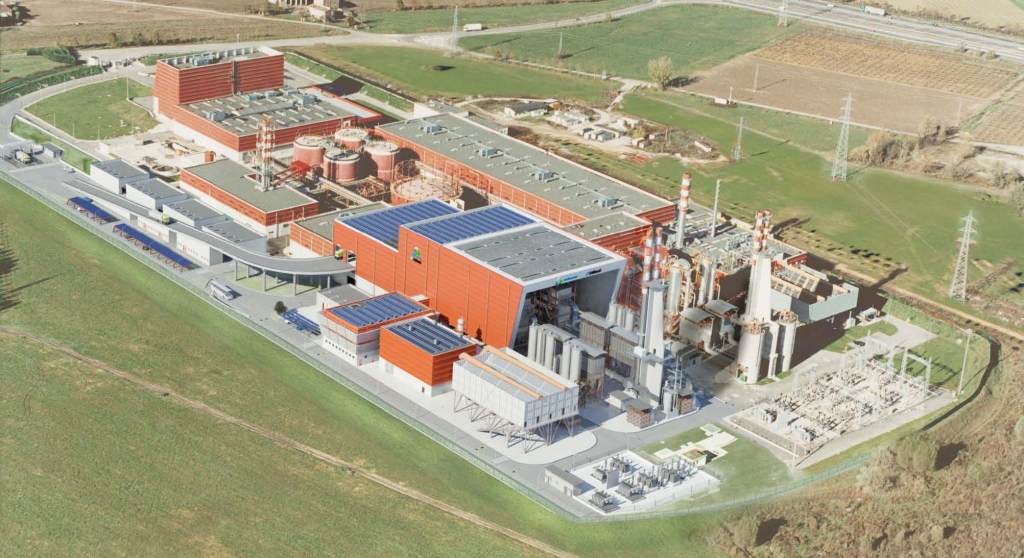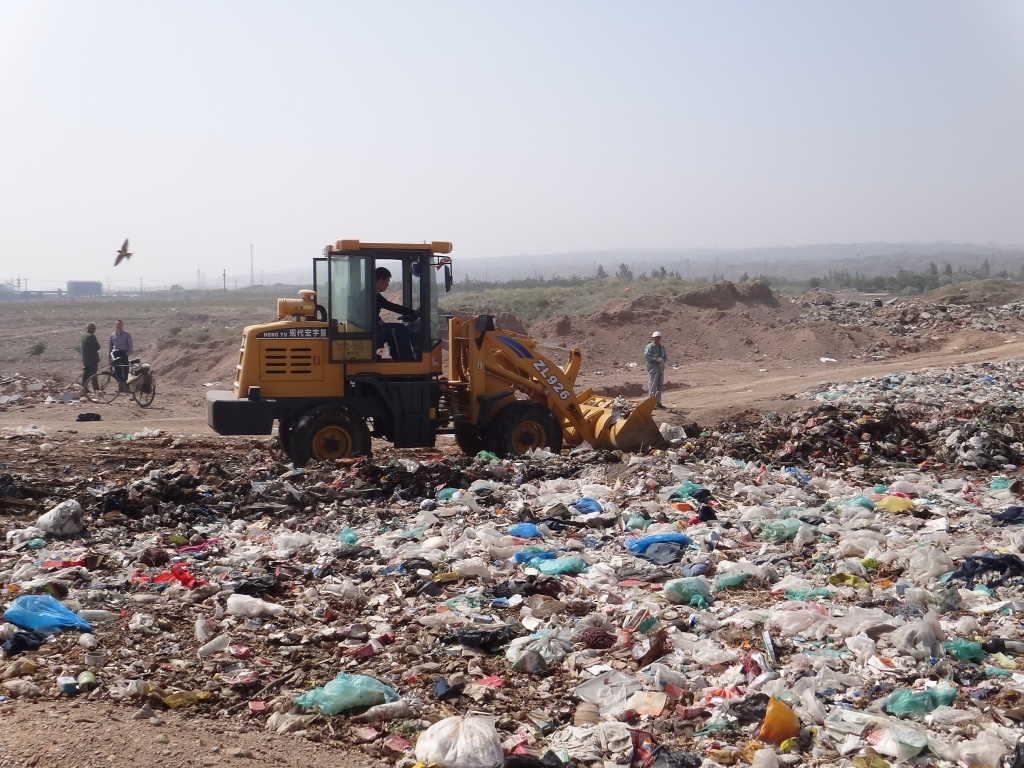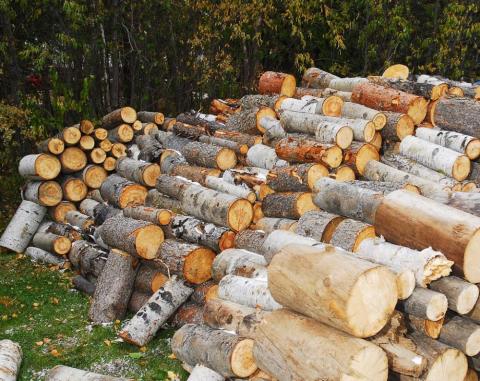China is a country rich in biomass resources which have a variety of applications for electricity, heating, liquid bio-fuel and solid fuels. This presents a real opportunity for China to introduce and promote biomass as a clean and dependable source of energy, which can help to support the new Chinese urbanisation plan (converting municipal waste into energy/heating and co-generation plants) and rural development (supporting strategic emerging industries). Although this is an area where companies from the European Union (EU) have a great deal of expertise, an opaque regulatory landscape is currently preventing them from fully contributing in this sector. Below, Gianluca Ghiara, Managing Director of Geapower outlines the challenges and says that despite difficult market conditions there are still opportunities for European SMEs.
Challenges to EU SMEs
In order to maintain the incredible economic growth of the last 15 years, the Chinese Government has pushed to develop the role of large state-owned enterprises along with the launch of huge public programmes. Within this framework, despite the government issuing a series of laws aimed at improving the internal market mechanism, European SMEs remain particularly vulnerable in China due to a number of factors.
Focussing specifically on the biomass sector, we can see that there are multiple ministries responsible for issuing laws, standards and regulations; provincial and municipal governments have a voice in drafting regulations, as well as managing local bids; and the sector itself is controlled by numerous public and private stakeholders, all with their own goals and agendas.
The budget and resource constraints that EU SMEs work under are exacerbated by the total absence of access to credit in China. These financial limitations can prevent them from being able to plan any stable growth in their business.
There is also the issue of branding – Chinese players are naturally drawn to big brands, even in the engineering sector. This poses a challenge for SMEs who are trying to promote themselves in order to find a reliable business partner: the fact that there are no resources that define the Chinese companies officially authorised to work in this sector means that European SMEs are in danger of bouncing from one conference to another, or from city to city, without ever identifying a suitable partner.
Moreover, SMEs have huge problems accessing raw materials in China due to property regimes, investment rules and laws on the control of material goods that still exist in China.
The combination of these challenges makes the planning of any investment extremely difficult for SMEs operating in China’s biomass sector.
The Chinese biomass sector status
With each passing year the Chinese Government launch large, public programmes that forces development of the biomass sector. Unfortunately, so far, Chinese companies have been mostly focussed on either introducing relatively stable technology—which is particularly useful in the development of multiple, standardised projects—or using imported ‘total solutions’, with no clear understanding of the technology itself. Consequently the biomass sector is suffering from a lack of technology introduction. This, coupled with strict land policies and inefficient power generation, is adversely affecting the speed at which this sector could develop.
Support
In recent years much has been done to support EU SMEs. Thanks to the work of the European Chamber, the EU SME Centre and other national representative bodies, a fruitful dialogue now exists with Chinese authorities. For example, the European Chamber’s working groups write the concerns, assessments and recommendations that form their annual Position Paper. This publication provides the basis for lobby meetings, where these messages can be effectively delivered to the Chinese Government.
Still, in order to have more transparency and fairer market access and competition amongst different players, much more needs to be done. This could include amending the subsidy framework, enlarging the investment scale, setting up efficient supervision and monitoring mechanisms, and promoting the involvement of European SMEs in the sector.
To witness a real improvement in the expansion of the biomass sector, European companies need to be more involved in drafting standards as well as project development, planning, implementation and operation; specific financial mechanisms should be created that attract both European and Chinese enterprises; and, ultimately, the utilisation of alternative fuels, advanced technical solutions and quality-driven equipment—which provide a better cost-performance ratio over the whole project life cycle—should be more consistently supported.
Opportunities for EU SMEs
All the above issues emphasise a greater point: there needs to be gradual change in the Chinese Government’s approach to and development of the whole biomass sector.
In order for China to be recognised as a dominant world power they must do more than simply acquire the ‘best’ technology, or be seen merely as a manufacturing base. It needs to aspire, through development of long-term technological/commercial cooperation, to gradually become a key industrial player on the world stage.
Here, EU SMEs can play a key role. They have the experience, the knowledge and, above all, the willingness to cooperate with Chinese enterprises to develop a real and stable technology transfer in every aspect related the development of a project – technology, manufacturing and capacity building.
European SMEs represent the core of EU business with over 90 per cent of market share, consequently they have all the necessary expertise to support the growth of the biomass sector in China, and to help Chinese companies introduce the tailor made technology solutions that are so vitally important to the Chinese market. In doing so they can help China to believe more in the biomass sector and move away from the conservative approach that has prevailed so far.
Gianluca Ghiara is Managing Director of Geapower, an engineering consulting company active in the environmental protection and renewable energy fields. Geapower provides professional consultancy mostly in the bio-energy sector (biogas, biomass and solid waste management), but also in the waste water management and air pollution control sectors. Ghiara has lived and worked in China since 2005, developing huge professional and practical experience of the Chinese market, having being constantly involved in the promotion of European technology and support of EU SMEs active in Chinese territory.
For further information: ghiara@geapower.com.





Recent Comments